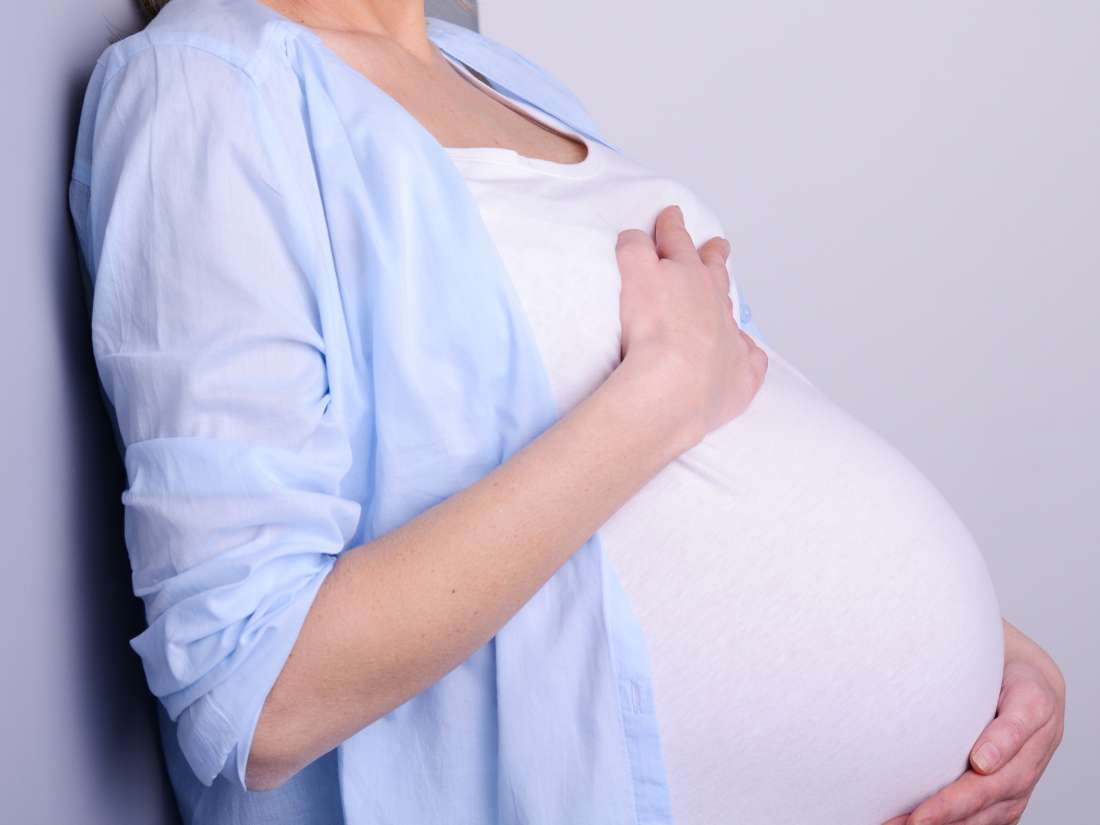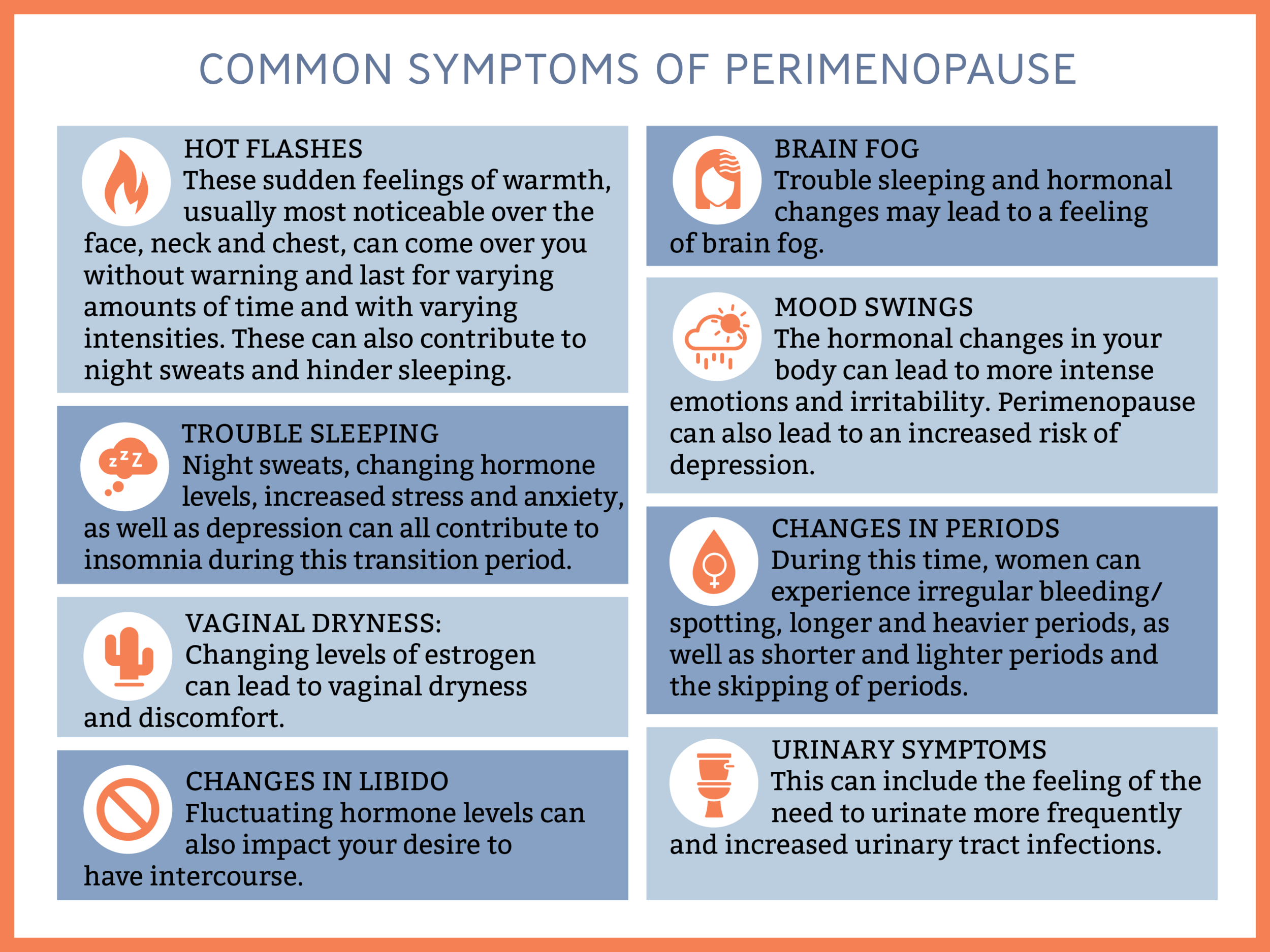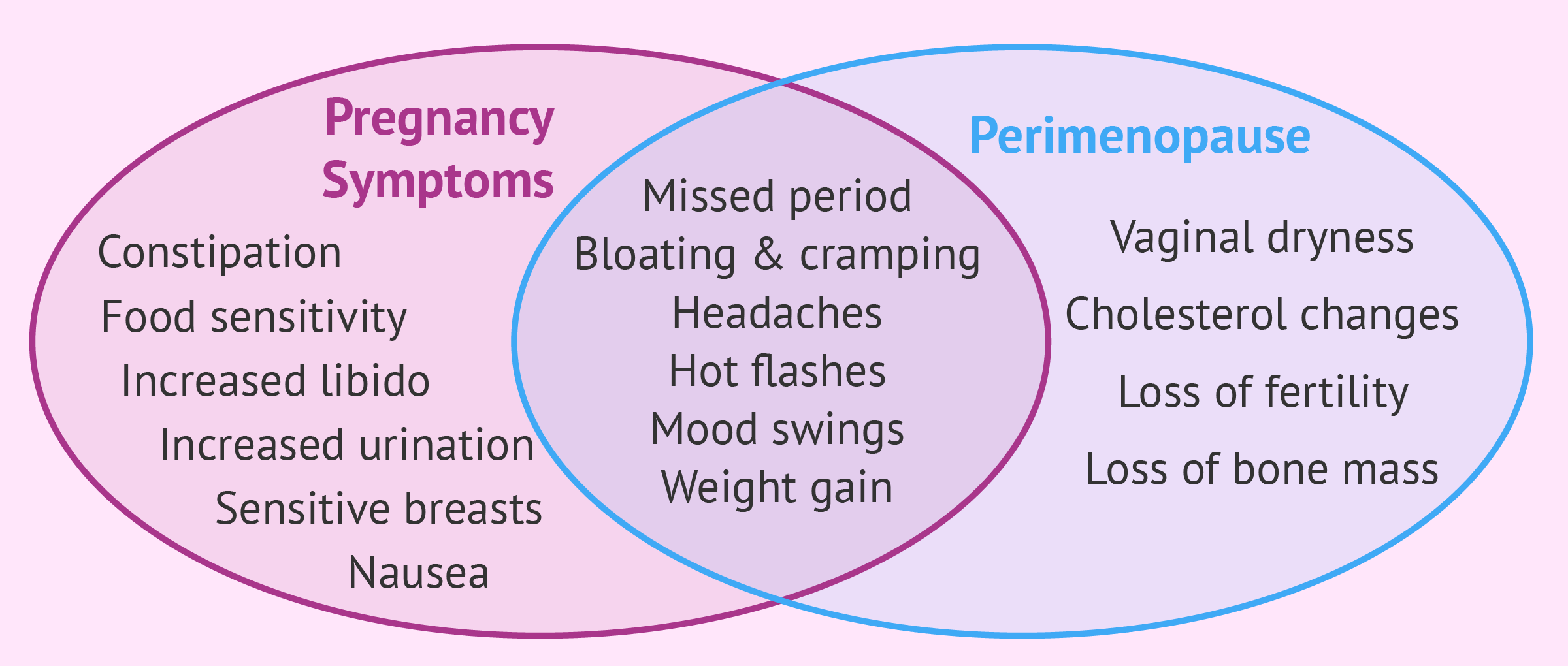Menopause and pregnancy, two seemingly contradictory terms, come together in a complex interplay of biological processes and societal perceptions. This exploration delves into the hormonal shifts, physical manifestations, and emotional challenges that accompany menopause, while examining the medical advancements and ethical considerations surrounding pregnancy after menopause.
The topic of menopause and pregnancy presents a unique opportunity to explore the resilience and adaptability of the human body, as well as the evolving attitudes towards women’s reproductive health.
Menopause Overview
Menopause marks the end of a woman’s reproductive years. It is a natural process that typically occurs between the ages of 45 and 55. During menopause, the ovaries gradually stop producing estrogen and progesterone, the hormones that regulate the menstrual cycle.
Hormonal Changes
- Estrogen:Estrogen levels decline significantly during menopause, leading to a range of physical and emotional symptoms.
- Progesterone:Progesterone levels also decrease, which can affect mood, sleep, and bone density.
Physical Symptoms
- Hot flashes and night sweats
- Vaginal dryness
- Irregular periods
- Weight gain
- Thinning hair
- Osteoporosis (weakening of bones)
Emotional Symptoms
- Mood swings
- Irritability
- Anxiety
- Depression
- Difficulty concentrating
Impact on Fertility
Menopause signals the end of a woman’s ability to conceive naturally. Once menopause is complete, ovulation ceases, and pregnancy is no longer possible.
Pregnancy After Menopause

Pregnancy after menopause is a rare occurrence. Menopause marks the end of a woman’s reproductive years, and once it occurs, natural pregnancy is no longer possible. However, with advancements in medical technology, it is possible for women to experience pregnancy after menopause through assisted reproductive techniques.
One method is through in vitro fertilization (IVF). IVF involves retrieving eggs from the woman’s ovaries, fertilizing them with sperm in a laboratory setting, and then implanting the resulting embryos into the uterus. Another option is egg donation, where a woman receives eggs from a younger donor, which are then fertilized and implanted into her uterus.
Potential Risks and Complications
Pregnancy after menopause carries certain risks and complications. These include:
- Increased risk of miscarriage
- Higher chances of premature birth
- Potential for gestational diabetes
- Increased likelihood of preeclampsia
- Higher risk of birth defects
It is important for women considering pregnancy after menopause to be aware of these potential risks and discuss them thoroughly with their healthcare provider.
Health Considerations

Pregnancy after menopause carries certain health risks that must be carefully considered. These risks are primarily due to the advanced maternal age and the physiological changes that occur during menopause.
One of the most significant risks associated with pregnancy after menopause is preeclampsia, a condition characterized by high blood pressure and protein in the urine. Preeclampsia can lead to serious complications for both the mother and the baby, including premature birth, low birth weight, and even death.
Another potential risk is gestational diabetes, a type of diabetes that develops during pregnancy. Gestational diabetes can increase the risk of premature birth, macrosomia (large baby), and other complications.
Prenatal care and monitoring are essential for women pregnant after menopause. Regular prenatal appointments allow healthcare providers to monitor the mother’s health and the baby’s development closely. Screening tests and ultrasounds can help identify potential risks early on, allowing for timely intervention and management.
Pregnancy after menopause can also have long-term implications for the mother’s health. Studies have shown that women who give birth after menopause may have an increased risk of developing cardiovascular disease, osteoporosis, and certain types of cancer.
Importance of Prenatal Care, Menopause and pregnancy
Prenatal care is crucial for women pregnant after menopause. Regular checkups and monitoring can help identify and manage potential risks, ensuring the health of both the mother and the baby.
- Monitor blood pressure and urine protein levels to screen for preeclampsia.
- Perform glucose tolerance tests to screen for gestational diabetes.
- Conduct regular ultrasounds to assess fetal growth and development.
- Provide counseling and support on nutrition, exercise, and lifestyle modifications.
Potential Long-Term Health Impact
Pregnancy after menopause may have long-term implications for the mother’s health. These include:
- Increased risk of cardiovascular disease, including heart attack and stroke.
- Increased risk of osteoporosis, a condition that weakens bones and increases the risk of fractures.
- Increased risk of certain types of cancer, such as breast cancer and endometrial cancer.
Emotional and Social Impact: Menopause And Pregnancy
Pregnancy after menopause can trigger a range of emotional and psychological challenges. These may include feelings of joy, excitement, and fulfillment, but also anxiety, depression, and uncertainty.
Societal Attitudes and Perceptions
Societal attitudes towards pregnancy after menopause can be complex and varied. Some may view it as a positive and empowering experience, while others may express disapproval or concern. These attitudes can impact the emotional well-being of women who choose to become pregnant after menopause.
Stories and Examples
Many women have shared their experiences of pregnancy after menopause. Some have reported feeling a sense of purpose and renewal, while others have faced challenges related to age-related health concerns. These stories can provide valuable insights and support for women considering pregnancy after menopause.
Ethical Considerations

Pregnancy after menopause raises several ethical concerns that warrant careful consideration. These concerns primarily revolve around the advanced maternal age and its potential implications for both the mother and the child.
Role of Healthcare Professionals
Healthcare professionals play a crucial role in counseling and supporting women considering pregnancy after menopause. They provide comprehensive information about the risks and benefits associated with late-age pregnancy, discuss alternative options, and assist women in making informed decisions.
Legal and Regulatory Frameworks
The legal and regulatory frameworks surrounding pregnancy after menopause vary across jurisdictions. Some countries have specific laws or guidelines addressing the issue, while others may not have explicit regulations. It is essential for women to be aware of the legal implications in their respective countries before making decisions about pregnancy after menopause.
Answers to Common Questions
Is it possible to get pregnant after menopause?
Yes, although rare, pregnancy after menopause is possible through assisted reproductive technologies such as IVF and egg donation.
What are the risks associated with pregnancy after menopause?
Pregnancy after menopause carries higher risks of complications such as preeclampsia, gestational diabetes, and premature birth.
What are the ethical considerations surrounding pregnancy after menopause?
Ethical concerns include the age of the mother, the potential impact on the child, and the role of healthcare professionals in counseling and supporting women considering pregnancy after menopause.